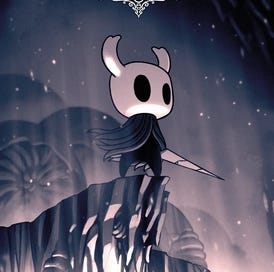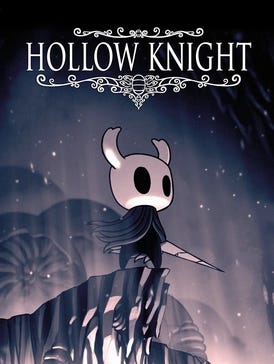When working as a Dean for a College of Arts, Humanities, Social Sciences, I loved change, largely because “change” was synonymous with “someone has another great idea and I can help!” My leadership philosophy is always, “If you have a great idea, sign me up.” Or as a good friend of mine says: there is no time for people who only say “no”; find the people who say “yes, and….”
Indeed, much has changed. As I prepare to return to a Covid-reinvented classroom, the disciplines I specialize in (literature, writing, digital humanities) have changed enormously. Six years away might as well be measured in dog years, so there’s no other way to say this: the thought of having been left behind frightens me.
As an academic department, “English” has always been Protean and expansive (sometimes for the better, sometimes not so much), always expanding to move beyond the neat borders I knew in graduate school. Comics, film, television, and now videogames are not only curricular options because faculty members might think they’re “cool,” but this is often where real career opportunities await.
In the case of videogames and their expansive narratives, the narrative writing involved can dramatically exceed that of a film’s screenplay, and whereas novels and stories remain launching points for adaptation, videogames are now just as likely (or more?) to be turned into television shows or films. Just watch The Last of Us for a powerhouse example that largely stays true to the original (the show is incredible).
So what’s my point? Well, I suck at videogames. They are simply too hard for me—whether it be the speed of action, the reflexes required, or even understanding what I must accomplish and why. I also know that a great deal of my future students grew up embracing game narratives much the way I did novels. But how can I possibly teach what continually confounds me? Put another way, when it comes to contemporary videogames it’s as if I don’t know how to read. This terrifies me.
But I also don’t believe reading a difficult book (say, Beloved) is the same as playing a difficult videogame. I am inspired by my younger colleagues’ interests and want to understand and join this new realm that is industry, recreation, culture, narrative, art, and curriculum all at once. I want to be at the cool kids’ table. So I gave it a try. Enter Hollow Knight:
Cute, right? Look at that little warrior ready to go on adventures and battle bugs, barbs, and bosses. I am ready to learn! What is the story, the narrative? What is the desire, the (countless) obstacles, and the resolution?
I will never know, for no other reason that the game is simply too difficult.
I often find myself spending hours, sometimes days, trying to complete the same act/scene over and over and over. Each time: failure. (Note: I am aware that there is much writing on the topic of “difficulty” in videogames, especially as a badge of honor. But what means honor for some is torture for others.) It leads me to question whether the word “game” is even appropriate, as the experience moves rapidly into groundhog-day renditions of frustration and incessant defeat. After hours of losing, all that remains is a bad mood.
Of course, there are endless resources for help: wikis and YouTube videos where you watch someone else successfully leap, slice, and ballet their way through your failure—Sparknotes for games. And here is where I morph into “old man yelling at cloud”: I don’t want to constantly look up what to do next, research the cheat-code secret to defeating King Dung Beatle, or be lectured on how I obviously need a certain artifact that I didn’t even know existed because there’s nothing intuitive to signal such a need. This is, of course, another version of the content eco-systems that now scaffold expression like “must-see” television—endless espisode previews, exit surveys, recaps, character rankings, and definitive “takes” (The Atlantic had four articles on the Succession finale posted the morning after it ran—a mere drop in the bucket of the sum total of post-finale writing).
So I will ask the terrible question: Am I too old? I am fifty-three. Do I need to play a special genre of “videogames for old people”? Never. What does somehow who still cares about Faulkner or Baldwin or Morrison do in this moment? Luckily, I have always read science fiction and fantasy, which is still going gangbusters. But as for videogames—this new-ish and important site of cultural highs, cultural lows (see: Gamergate), true interdisciplinarity, and a multi-billion dollar industry that provides varied career opportunities for our students—will I always be on the outside looking in? Is this how, some years ago, professors my age felt about the massive invasion by literary theory (where Derrida is the villain), or when something like Watchmen was taught as a literary text for this first time?
So, to anyone out there, what are your thoughts (beyond, “maybe you just suck at games?”). I love change, new knowledge, new arts and expression, but sometimes the mirror on the carnival change-ride swings back around so you are facing yourself, just for a moment, and then gone. Whatever you saw in that instant you have to solve, fit back together from fragments into a whole—like a game.




